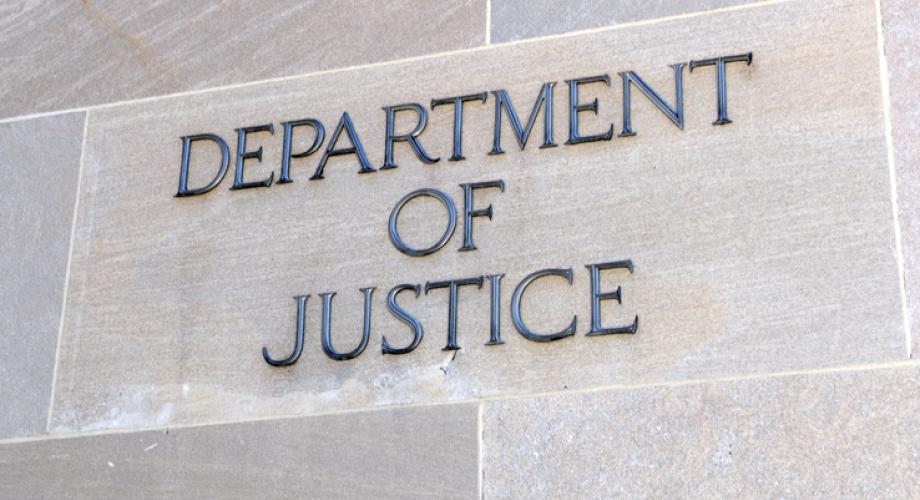On August 15, 2024, the Department of Justice (DOJ) issued a letter detailing how state and local “crime-free” and “nuisance” programs may violate rental housing protections under the Fair Housing Act, Title VI of the Civil Rights Act of 1964, the Americans with Disabilities Act and the Violence Against Women Act. Issues set forth in the DOJ’s letter are not new; they relate to long-standing rental housing protections and well-established federal laws, which have been discussed in previous letters from the Department of Housing and Urban Development (HUD) in 2016 and 2022.
The publication detailed the four federal laws these local policies could violate:
- The Fair Housing Act (FHA) provides protection against housing discrimination of protected groups based on race, color, religion, sex, disability, familial status and national origin. This applies to programs found to have targeted or discriminatory intent, those that utilize criminal history or arrest records as housing restrictions and cases of blanket bans in lieu of individual assessments that effect housing availability for individuals or a household.
- Discrimination on the basis of race, color or national origin are also protected under the Title VI of the Civil Rights Act of 1964 (CRA) with regard to situations involving federal financial assistance.
- The Americans with Disabilities Act (ADA) provides protections for persons with a disability in cases where they are denied services or programs, access to activities or do not receive a reasonable modification for equal opportunity or enjoyment.
- Originally enacted in 1994 with its most recent revisions in 2022, the Violence Against Women Act (VAWA) includes prohibitions for denying access to housing under covered federally funded housing programs and protection against eviction for survivors of domestic violence and abuse. Crime-free programs are of concern for the DOJ if they may penalize residents when they require emergency services and are not the perpetrator of a crime.
The DOJ also discussed several recent settlements with local governments and law enforcement agencies which required repeal or restructuring of local programs and payment of damages. A December 2022 settlement in Hesperia, California stemmed from a lawsuit brought by the DOJ alleging the city’s crime-free housing program violated the FHA and CRA. Hesperia’s program required housing providers to: Evict for any criminal activity, even those committed by a guest or an event that did not result in an arrest; include crime-free lease addenda in their rental agreements and institute screening requirements. Another lawsuit by the DOJ in May 2024 resulted in settlement with Anoka, Minnesota for FHA and ADA violations for denying emergency assistance and housing opportunities to persons with mental health disabilities. Anoka’s program instituted fines for housing providers who failed to report any call the city determined was a “nuisance” or “unfounded.” The city also sent weekly reports to property owners and managers with details of persons who called emergency services, including their name and sensitive information such as the nature of any disabilities or diagnosis and specifics of the call.
Additional cases involved actions by parties outside the DOJ. HUD entered into a voluntary compliance agreement with Hemet, California in December 2020 regarding its program which imposed fines on property owners in the event of multiple law enforcement calls deemed a “nuisance.” HUD alleged the program intentionally targeted persons of protected classes in violation of the CRA. In Ohio, Somai v. City of Bedford challenged the city’s ordinance in January 2020, alleging violation of FHA, ADA and of other state and local laws because the city allowed a “nuisance” designation for a residence if two alleged criminal occurrences happened near the home or involved a resident and allowed property owners to evict on this basis. Though the court denied the ADA claim, parties reached a settlement requiring an appeal of the ordinance and prohibition on enacting a similar future law, and a monetary settlement. In June 2022, parties settled Jones v. City of Faribault wherein the Minnesota city’s rental licensing ordinance required the use of crime-free lease addenda and screening of a potential resident’s criminal history. Plaintiffs alleged the program intentionally discriminated against and impacted black individuals and other protected classes.
Though neither the laws nor the challenges surrounding crime-free and nuisance programs are new, the DOJ urged local law enforcement and governments to review compliance of their regulations. The DOJ notes this publication serves not as binding law but to advise how it will apply these laws in its effort to promote fair access to housing. Most are aware of this national concern. In April 2023, California Attorney General Rob Bonta announced statewide guidance asking all localities to review and address crime-free housing policies that disproportionally discriminate against persons of protected classes.
The National Apartment Association (NAA) will continue to monitor activity related to crime-free housing policies that could negatively impact rental housing providers and keep its members informed. These policies can create significant burdens for owners and operators to police their communities for behavior outside of their control. NAA continues its federal advocacy efforts, including its Legal Advocacy Program, to ensure that the industry’s voice is heard and represented in housing policy conversations and reduce the negative industry impacts of bad policy.
